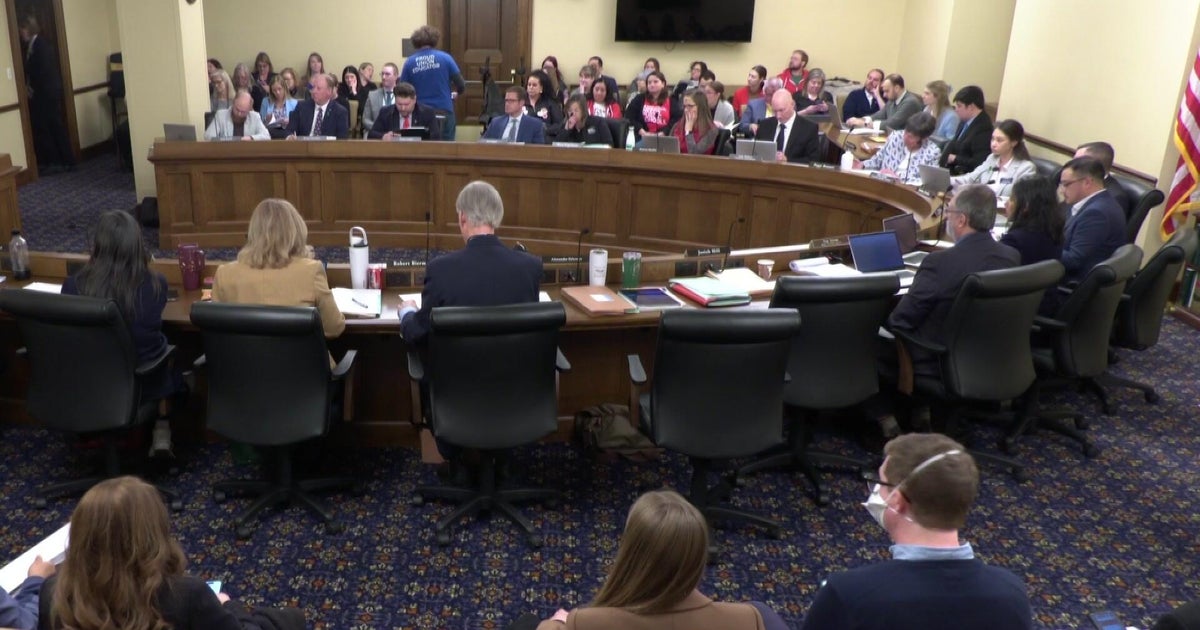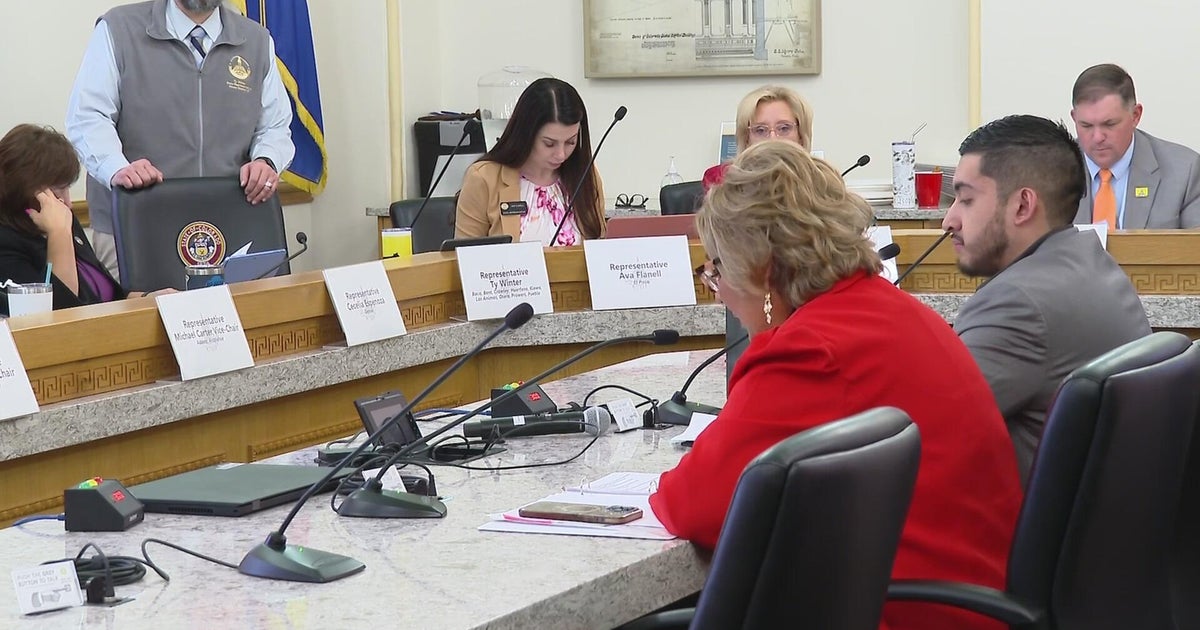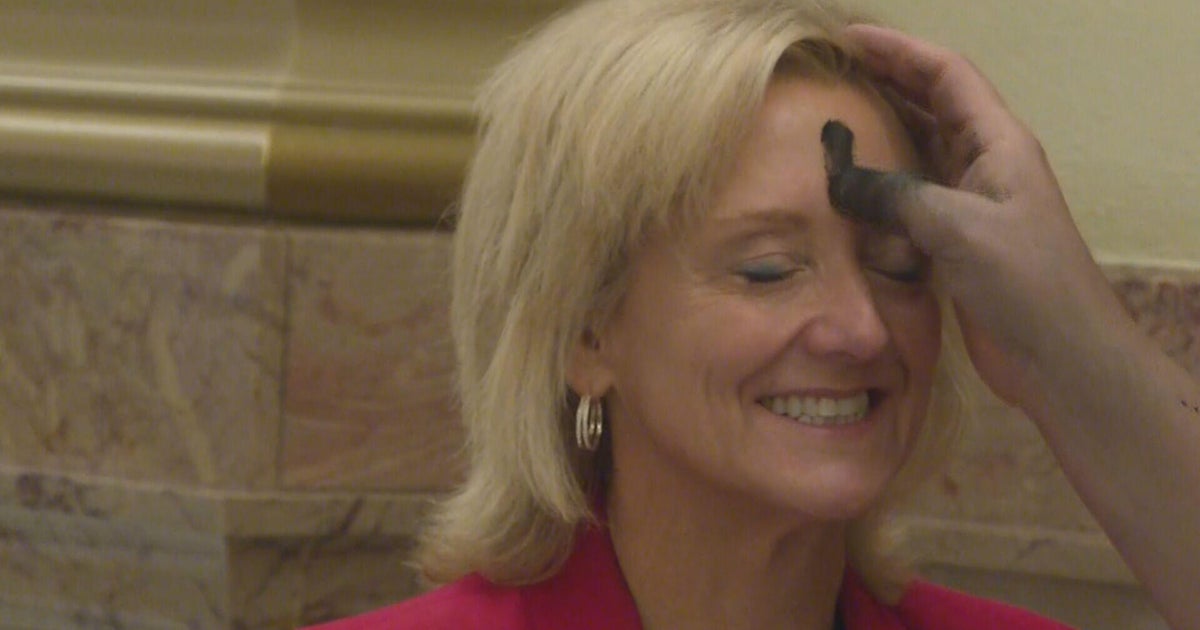Lawmakers In Minnesota Attend Sexual Harassment Training
ST. PAUL, Minn. (AP) — All 134 members of the Minnesota House paused their legislative duties Wednesday to attend an all-day training course on sexual harassment and discrimination.
Minnesota has been at the center of a nationwide reckoning with workplace sexual harassment. In the span of just a few weeks, Republican state Rep. Tony Cornish, Democratic state Sen. Dan Schoen and U.S. Sen. Al Franken resigned after a flood of sexual misconduct claims.
The training Wednesday on the second day of the legislative session was a piece of a broader discussion underway in Minnesota's Capitol, re-examining decades-old sexual harassment policies and reporting procedures in both the Legislature and the 33,000 state government workers.
"We're taking this incredibly seriously because we think that kind of behavior has no place at the Minnesota State Capitol," said Republican House Speaker Kurt Daudt.
House Republican spokeswoman Susan Closmore confirmed that all 134 House members attended the training, under warning they'd be stripped from their committee seats if they failed to show or left early.
"I literally am putting staff at the door. I've told members that if you leave for more than 10 minutes, we're going to mark you absent," Daudt said. "That's about as firm as I can make it."
It was unclear exactly what Wednesday's training would entail, but the House hired a private law and consulting firm to lead the session covering discrimination, harassment and implicit bias. Previously, House members were briefed on sexual harassment and workplace discrimination after first joining the Legislature, but some members hadn't received any additional training since.
In the Senate, all 67 members will eventually attend sexual harassment training — that re-training process started earlier this year. They had previously required a refresher just once every five years after election.
Lawmakers are also considering changes to sexual harassment reporting procedures, including how to handle complaints from third parties such as lobbyists and reporters. One of the women who publicly accused Cornish of repeated unwanted sexual advances was a lobbyist, but there's no formal process to handle such complaints.
But that overhaul is largely being performed internally: Senate Majority Leader Paul Gazelka empowered nonpartisan human resources and legal staff to review a policy that's been in place since 1996, and Daudt said the House has formed a new subcommittee to examine its own policies.
A group of several female candidates and lawmakers who came forward with allegations against Cornish and Schoen criticized that approach, saying the state should instead establish an independent task force.
"Allowing legislators to control the entire process with limited public input is how the pervasive culture of sexual harassment continues and is exactly why the task force is needed," Lindsey Port and Reps. Jamie Becker-Finn and Erin Maye Quade said in a joint statement last month after Gazelka laid out his plans.
Meanwhile, Gov. Mark Dayton is pushing to create a centralized agency to handle sexual harassment complaints across all of Minnesota' government departments.
That proposal came after a review revealed $709,500 in state payouts to settle seven sexual harassment complaints in the executive branch since 2015. That included an $117,500 payout to a woman who accused a state investigative officer of sexually assaulting her while she worked for him as an undercover drug informant.
(© Copyright 2018 The Associated Press. All Rights Reserved. This material may not be published, broadcast, rewritten or redistributed.)







